A colorectal cancer survivor, Steve Barnett makes beautiful music on his handcrafted harps. He preferred to stay quiet about a private health condition. Surgery to remove his rectum and part of his colon left him with a loss of control. “It difficult for me to do my work or even go to the garage and work on a harp because as soon as I’d turn one of the machines on, I’d have to shut it off and go to the restroom,” says Barnett. “In the U.S. alone there’s 18 million people with fecal incontinence,” says Dr. Janette Gaw, colorectal surgeon on Lee Memorial Health System’s medical staff. Similar to bladder incontinence, people are unable to manage their bowels. Barnett got no relief from diet and medication. “Dr. Gaw came to me and said ‘you know I have a surprise for you, I have something I think you’ll be interested in’,” says Barnett. “If people fail conservative measures the FDA has recently approved something called InterStim; it’s a sacral nerve stimulator. It’s been used for urinary incontinence for many years now. I describe it as a pacemaker for the pelvis,” says Dr. Gaw. Implanted under the skin near the buttocks following a trial period, the stimulator sends mild electrical impulses to the nerves, which influence the bladder, sphincter and pelvic floor. “The way to kind of describe it is re-teaching of the pelvis of sensing and holding,” says Dr. Gaw. Patients with incontinence often find themselves on a short rope, tied to the bathroom and in many cases afraid to leave home for fear of the unexpected. “People are isolated and they don’t go socialize, they don’t dinners with friends, because it’s embarrassing,” says Dr. Gaw. The stimulator helped restore harmony in Barnett’s life. “Now I can go out and not worry,” says Barnett.
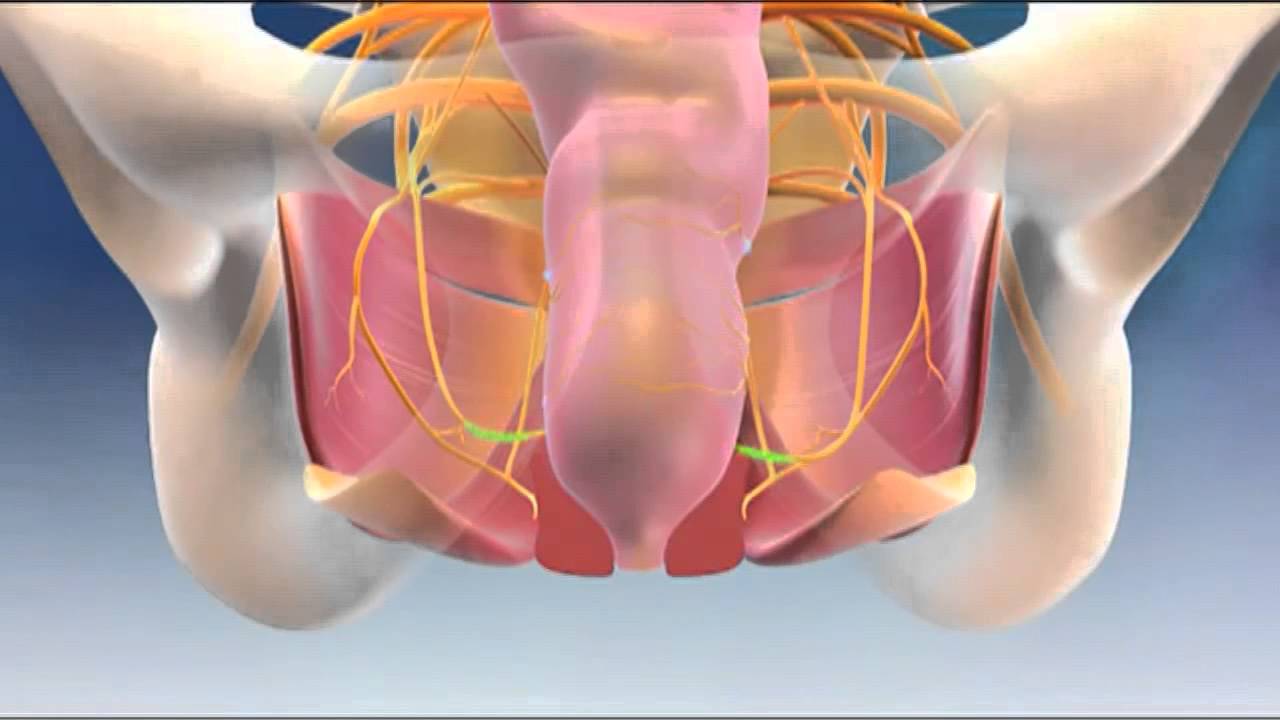
Anorectal Surgeries Video – 4
- Post author:
- Post published:May 16, 2021
- Post comments:0 Comments
You Might Also Like

Flutter Exercise-3

Renal Physiology – Biology Made Simple

Tyrone Bell – How to fix Lagging Muscle Groups | TY-TV

Grow Taller Exercises: Top 10 Best Stretching Exercises to Increase Height & Get or Grow Taller
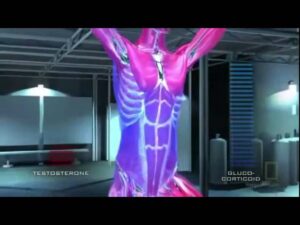
HowSteroidsWork
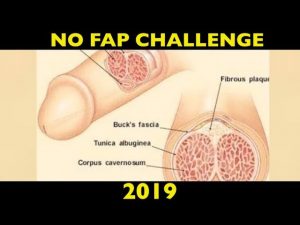
** Effects of excessive masturbation** on your health (including hair loss and depression) NO FAP

What Is Glycine: Amino Acids For Joint Pain, Inflammation, and Sleep

Target INNER Pecs – 3 Flat Dumbbell Chest Exercises

Sports Medicine Video – 5

Exercising your lower back: Bent-over Rows: Neutral & Reverse Grip. How to do it & how not to do it.

Cure For Erectile Dysfunction And Natural Sildenafil Citrate cure

Physiotherapy in Rehabilitation Video – 11

Xenical / Orlistat / diet pills – Why I quit after 2 months – Video #4 of 4

Human Body, Body Building Muscle Building Anatomy Physiology Video – 19

Anabolism

Understanding Cholesterol and its Effects

Identifying and Classifying Mineral Samples – Examples | Geology
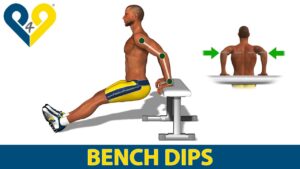
How to do triceps dips on bench

Bodybuilding Nutrition, Diet Recipes & Workout – 9

Oral And Maxillofacial Surgery Video – 1

Abductor-2

Physiotherapy in Obstetrics Video – 6

Aspirin

Dutasteride vs Finasteride – Hair, Side effects and More

Flat Bench Fly-1

Deadlifts & Shoulders – NO EXCUSES – Muscle Building Workout!

The Endocrine System Song

Forensic Psychiatry Video – 2

Lomy Lomy Massage Video – 2

Keto Diet, Keto Foods, Keto Recipes Video – 23

How to Do Back Extensions

Lateral Raises-18

Bent over lateral raises
Orlistat

The Difference Between Sperm & Semen – Episode 20
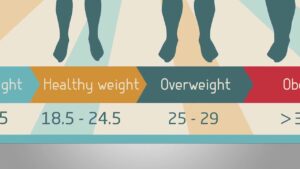
Overweight & Obesity Video – 13
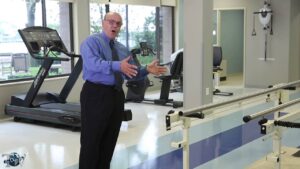
Geriatric Physiotherapy Video – 7

How To Lose Weight: Phentermine

3 tips for decline DB press

First Aid Video – 2

Infertility Hormonal Treatments • WCWRC

